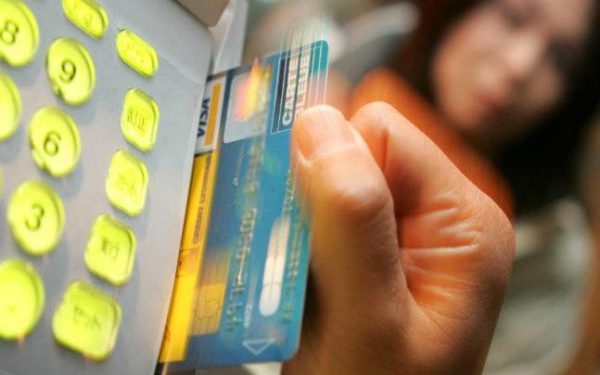Since PM Modi’s demonetisation drive hit us last week, we have been nudged into taking up the cashless lifestyle. From filling up Ola money and PayTM accounts, to paying rents via internet banking, we are going the extra mile digitally to compensate for the lack of cash in our pockets.
But here’s the thing. There are a few countries out there where going cashless is the way of life. So much so, in some of these countries, policies have been made that encouraged the public to opt for cashless transactions.
Here’s a list of such countries which could inspire you to deal with your cashless crisis:
SWEDEN
Sweden is one country where cash transactions have decreased to just three per cent in the national economy. Be it riding the public bus or donating money at the church, you will have to use your card or online banking.
This actually put a dent on bank robberies in the country, which dropped from 110 in 2008 to 16 in 2011 as most Swedish banks didn’t have cash anymore.
NORWAY
Norway is said to be already leading the global race of going completely pro-electronic banking. Here, you can buy even street food and newspapers via mobile banking.
DNB, the largest bank in Norway, called for the public to stop using cash earlier this year. The bank proposed that the elimination of cash usage would put a dent on black money and crimes like money laundering.
In Norway, several banks don’t even give out cash to customers.
DENMARK
Almost one-third of the population in Denmark use cellphone app MobilePay to do their monetary transactions. In fact, businesses such as clothing retailers, restaurants and petrol pumps are actually legally free to refuse cash payments from customers. This, however, doesn’t apply to services like hospitals, post offices, etc.
Reports have it that the Danish government has “set a 2030 deadline to completely do away with paper money.”
BELGIUM
An average of 93 per cent of the population opt for cashless transactions in Belgium, with 86 per cent owning a debit card. Moreover, the Belgian government has imposed a limit of 3000 euros on cash payments in the country, hence coaxing people to opt for digital transaction.
Here, mobile app Sixdots is used widely for transactions, which is supported by Belgian banks.
FRANCE
The French haven’t stopped at mobile payments, they even use contact-less cards and m-POS to carry out their daily transactions.
Following Belgium, France has an average of 92 per cent of population going cashless with transactions.
UNITED KINGDOM
Cash is a sole mode of payment in only a handful of places in UK. An average of 89 per cent of the population uses digital banking for transportation and other transactions here.
Paym, UK’s most popular mobile payment system, has crossed 26 million pounds in transaction volume, as two-thirds of the population opt for mobile payments here.
SOMALILAND
Despite being one of Africa’s poorest countries, more people in Somaliland opt for electronic banking than in most developed countries in the world. Liquid cash is rapidly decreasing in the market here, as even street vendors accept mobile payments.
So much so that even the cards are becoming a rudimentary mode of payment. A 2012 survey showed an average customer makes some 34 online transactions per month, which is higher than almost anywhere in the world.
KENYA
In Kenya, some 15 million users are subscribed to M-Pesa, a cellphone-based money transfer app. All from sending money to rural areas, paying bills, to school fees is done through M-Pesa. People even receive their salaries via this app.
The usage of cash is becoming more and more obsolete in Kenya.
CANADA
In Canada, 90 per cent of the population opt for cashless transactions, while an average of 70 per cent of payments is conducted by cards.
Report has it that new currency has been printed in Canada since January 1, 2013. And this step was taken mostly because of the lack of demand of new money in the market.
A survey held by PayPal Canada showed that 56 per cent of the public here preferred online wallet to carrying cash.
SOUTH KOREA
South Korea is one of the few Asian countries that is slipping towards a cashless economy. The government even practices a preferential VAT treatment for consumers who pay with cards, as compared to those using cash.
AND THEN, THERE ARE COUNTRIES WHICH ARE GOING THE OPPOSITE WAY
Germany is one such place where the usage of cash is still very popular. Places like cafes and small restaurants actually refuse to accept cards.
“The idea of abolishing cash is an abomination,” wrote a 52-year-old activist against the proposal of a cashless society in Germany, after a member of the German government’s council of advisers suggested it last year.
A USA report says Germany “is a nation that prides itself on thriftiness, paying its bills, avoiding debts and even shunning credit cards.”



Leave a reply